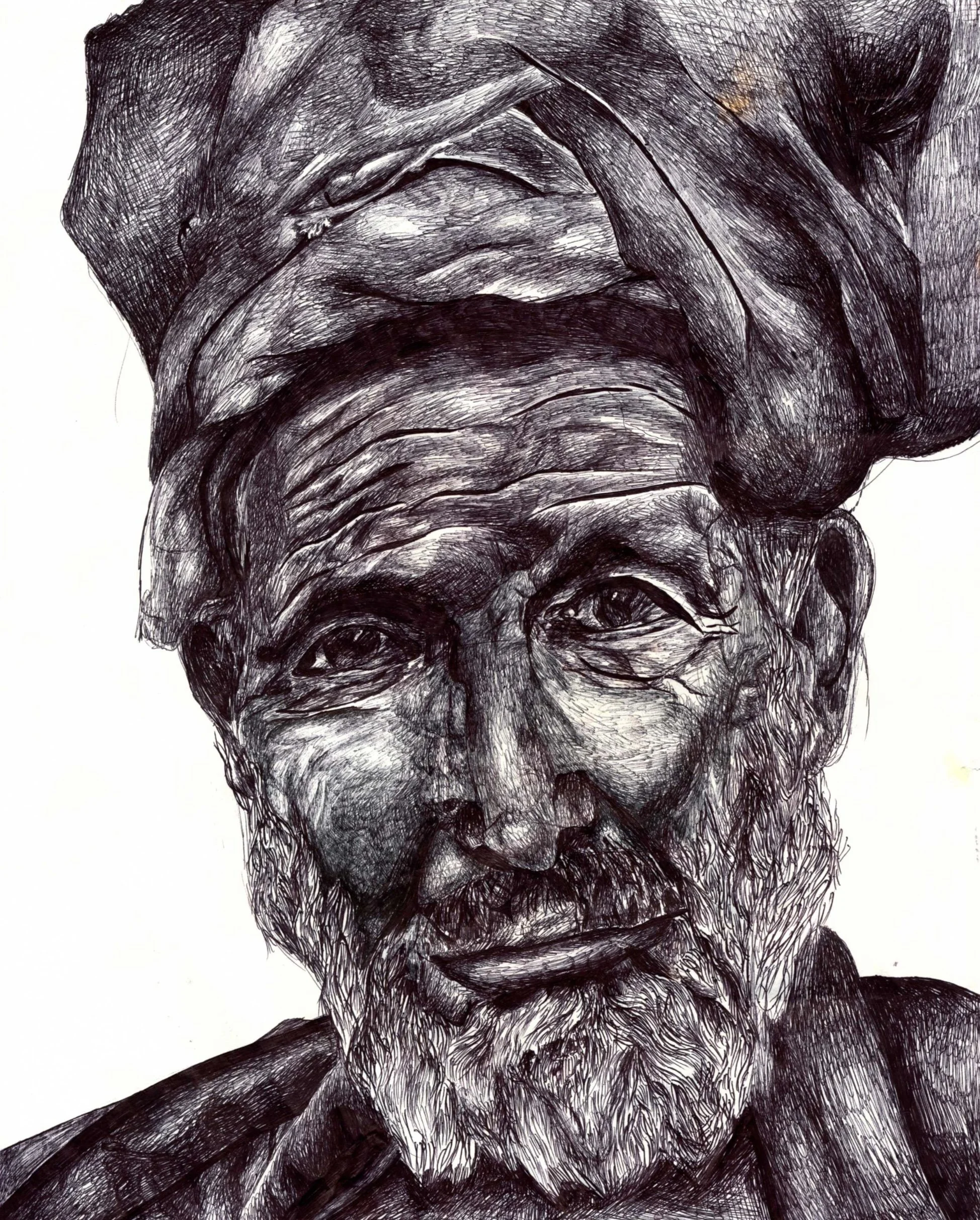Every Village Has its Madman
by Angeliki Cintrón
Every summer devolves into ghost stories carved
out of bellies with a paring knife, told underlit
and blinded by an industrial strength flashlight.
The youngest brothers saw dancing ladies in white,
bolted home. The older brother heard a beldam,
her cackle blown through the mangled branches
of an old Daphne. The cousin exposed a shadow
man’s hiding spot in a game of cops and robbers.
Every summer the stories whirlpool until they snag
onto Faráo, who was spotted gorging himself
on figs two days after his burial. He had walked
into the Aegean, suitcase in hand, pulled down
by visions of a boat carrying him to the port town.
After the war, but before the tunnel exploded
out of the mountains and connected the village
to automobile traffic, electricity, and cousins,
the villagers trapped Faráo in the dry soil of a story.
Every summer the kids return, relive the day
the taverna owner pulled a paring knife out
of his apron, spilled open the bloat of fresh figs
swelling Faráo’s stomach, exhaled the vapor
of decaying sugar. Every summer the kids retell
the ghost stories as their grandparents’ eyes,
crow’s feet begin to superimpose onto their faces.
Every summer the flashlight passes. The stories,
the sober curiosity remain. Faráo swells up with figs
and salt water. He never makes it to the port town.
He always ends up sliced, opened, observed.

